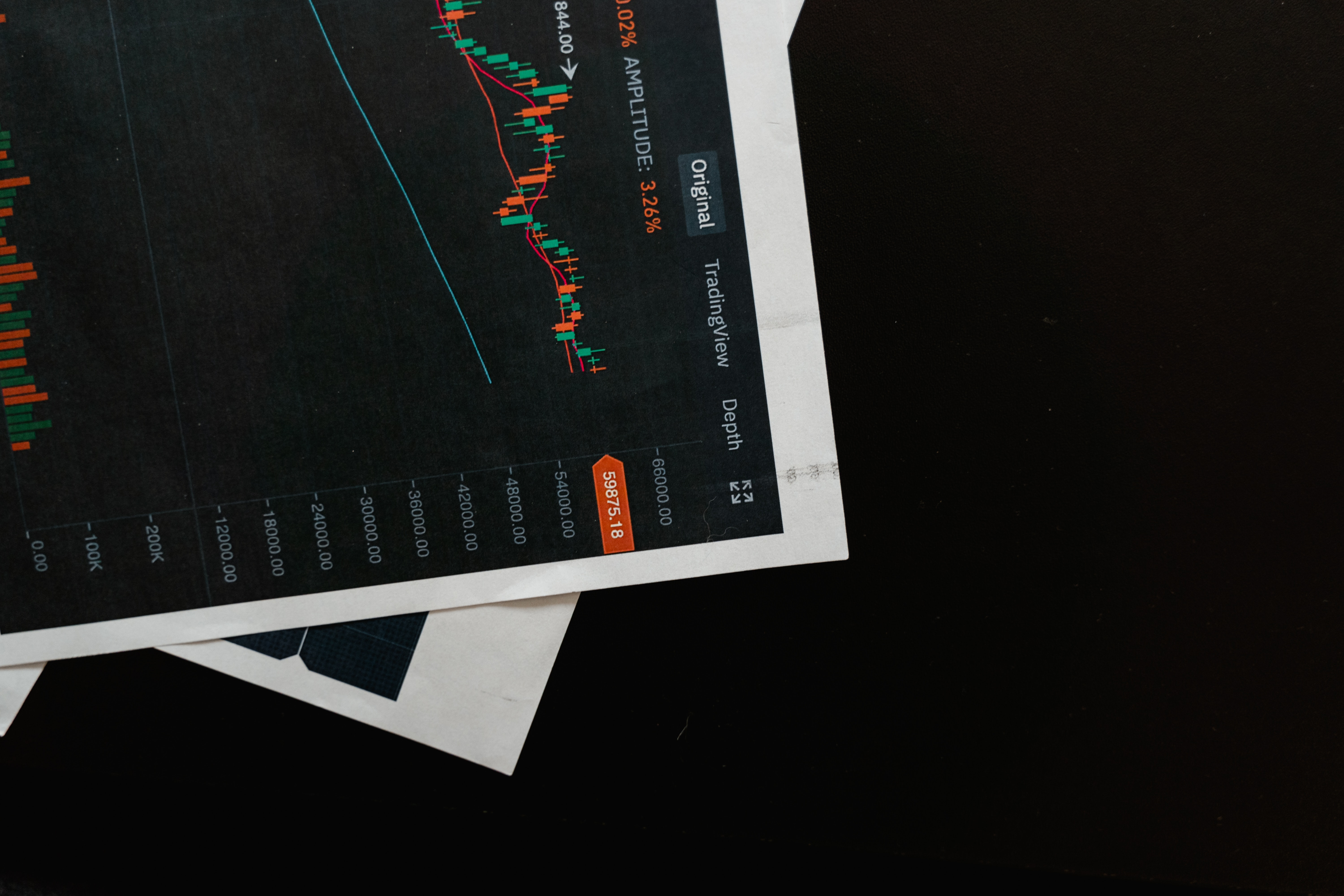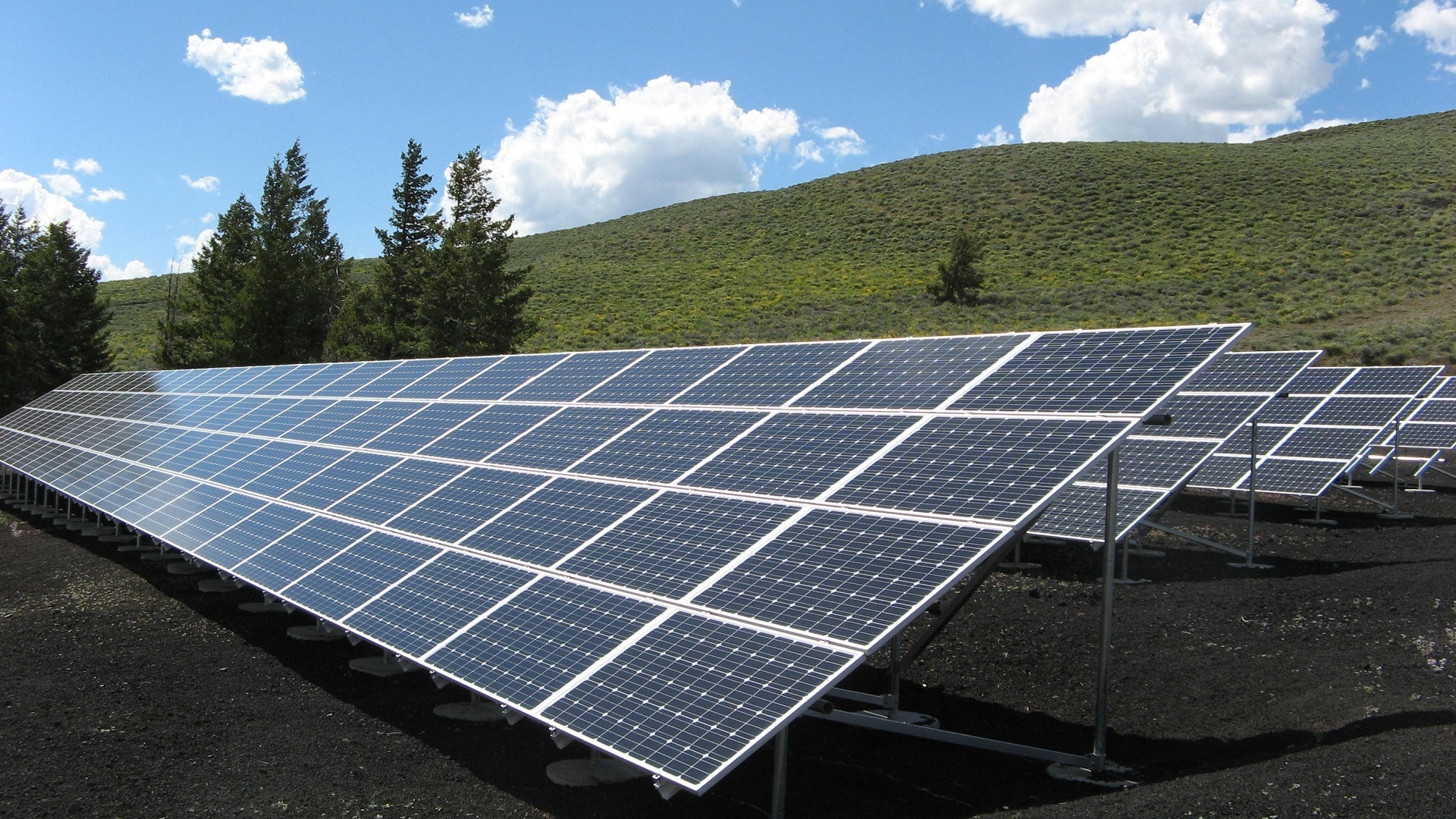Deglobalization trends, the global energy crisis triggered by the Russia-Ukraine conflict, geopolitical tensions, high inflation combined with a decline in the resilience of the global supply chain, and other interrelated risk factors are directly impacting the momentum of global economic recovery.
According to the World Bank's forecast, the current economic downturn is likely to be the largest in the world in more than 80 years.
Immersed in the international economic landscape that has undergone profound changes, family offices are inevitably affected by global market shocks.
Now let's briefly analyze the new trends that will emerge in the development of family offices.
Firstly, inflation is a very important economic indicator that family offices pay close attention to when making investments. If the inflation rate continues to rise, it will erode the value of the assets held by family offices.
As inflation spreads to the supply chain level and leads to an imbalance in the supply and demand of goods and services, it will directly lead to a worsening of the talent shortage, which is also the cause of the current family office's talent cost increase and staffing difficulties.
Secondly, since the COVID-19 pandemic, the Federal Reserve's expansionary monetary policy has more than doubled its balance sheet during this period.
As the US dollar's “tightening” cycle and balance sheet reduction approach, it will more directly impact the liquidity of US Treasury bonds and the US dollar, causing fluctuations in asset prices and increasing the overall investment risk for family offices.
In terms of asset allocation, considering that traditional wealth investment channels are still not diversified enough, family offices tend to over-allocate alternative investments.
According to Goldman Sachs' research on global family offices, on average, the combined allocation of private equity, real estate, private credit, and hedge funds in the investment portfolios of the surveyed family offices is 45%. Venture capital investment remains the preferred choice for direct investment and investment through funds by family offices, and family offices have also demonstrated more professional investment and due diligence capabilities in this field.
During the period when the Federal Reserve implemented a loose QE policy, family offices would choose to hold a large proportion of risk assets such as U.S. stocks and commodities.
However, with the arrival of high inflation and interest rate hikes, many family offices have withdrawn some of their funds from high-risk assets and transferred them to relatively safer assets, placing greater emphasis on the rebalancing of returns and risks in the asset allocation process.
Furthermore, since the Russia-Ukraine conflict, European and American countries have misused public resources by prohibiting Russia from using the SWIFT international settlement system and have taken a series of measures to freeze and confiscate the private property of Russian tycoons.
It can also be seen that the overseas asset allocation of family offices will also be affected by international political games, and there is a need to continuously improve the risk management framework related to investment and supervision.
Finally, in recent years, family offices have begun to increase their investment in sustainable development and social responsibility, especially in the field of green and low-carbon and ESG (Environmental, Social, and Governance), paying more attention to the power of doing good and generating considerable social influence.
The Center for Wealth Management Research in Central Europe also found through the analysis of more than 2,300 observations from 523 family-owned companies listed on the domestic A-share market:
Corporate social responsibility is highly positively correlated with sustainable corporate development. Fulfilling social responsibilities by family-owned companies can accumulate extended social and emotional wealth for the family. This long-term strategic wealth orientation can enhance the family's reputation, social influence, and corporate value, which is conducive to the long-term sustainable development and family succession of family-owned enterprises.
In addition, the ongoing implementation of work-from-home policies after the COVID-19 pandemic has had a profound impact on the choice of work location and work methods for personnel. This will lead to changes in the daily operation model and needs of family offices.
For example, family offices are gradually outsourcing more and more low-value services to allow personnel to focus more on core work and functions, thereby enhancing the management level and operational efficiency of the family office.
Family offices have also made various efforts to accelerate digitalization and intelligent operations. For example, they manage various indicators by automating business processes through artificial intelligence and machine learning. The upgrade of mobile technology will help managers and teams remotely access information and data, and make better decisions through effective communication.
Despite facing a more severe international political and economic environment, for the family office, a niche market in the field of wealth management, it is necessary to provide ideas for the urgent needs of the family on the one hand, and to elevate its own operation and management to a new level on the other hand.

















